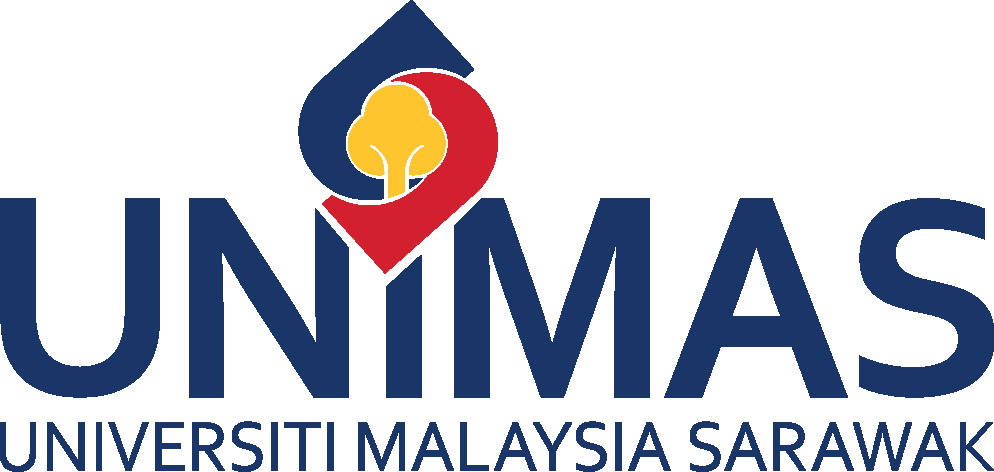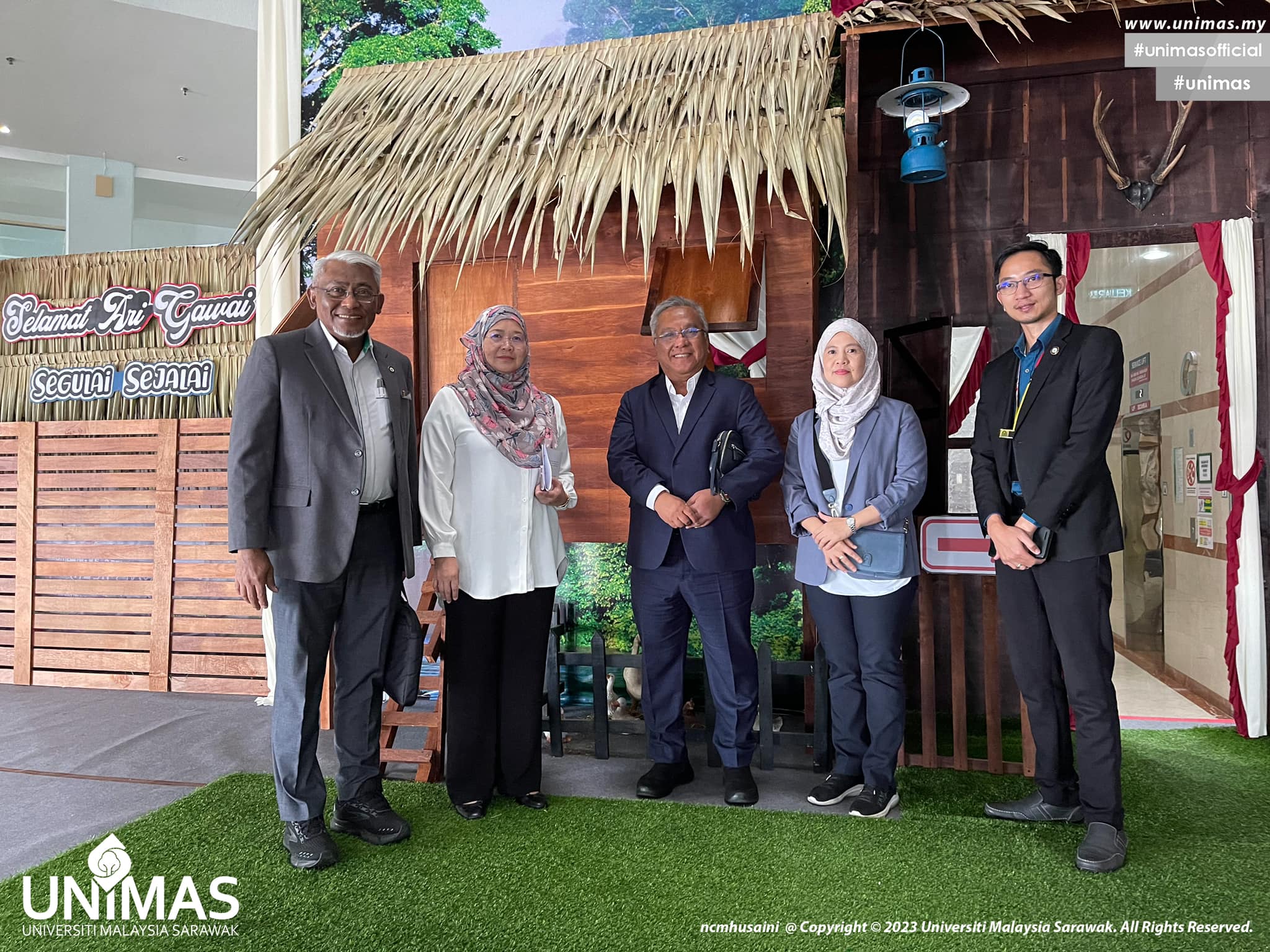
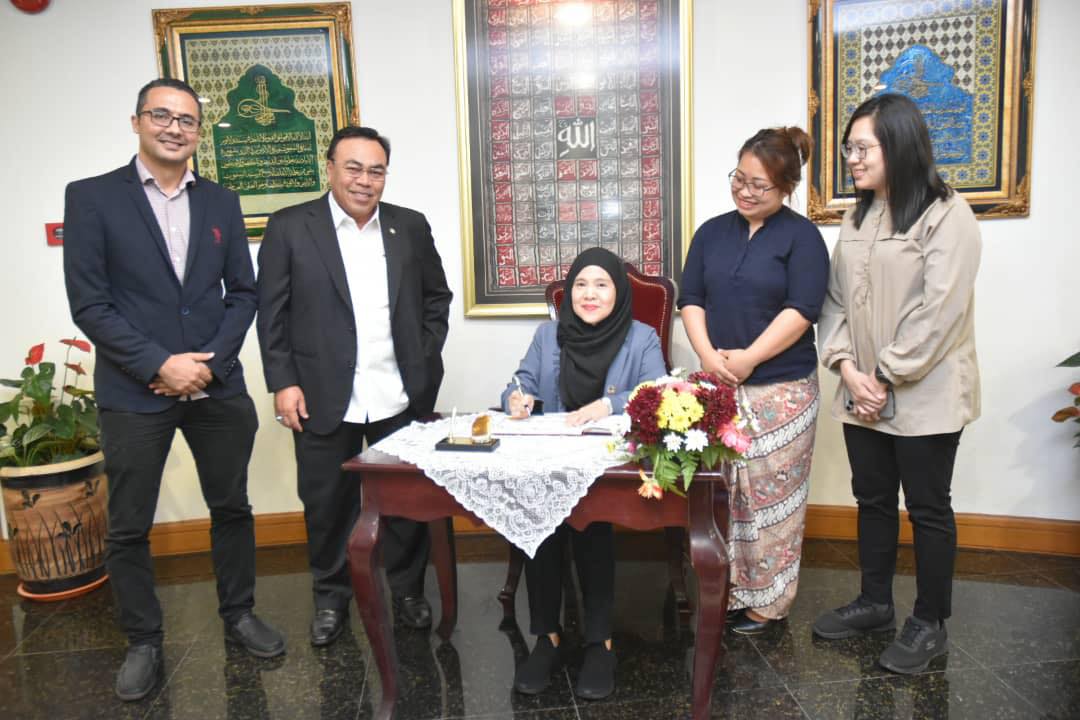
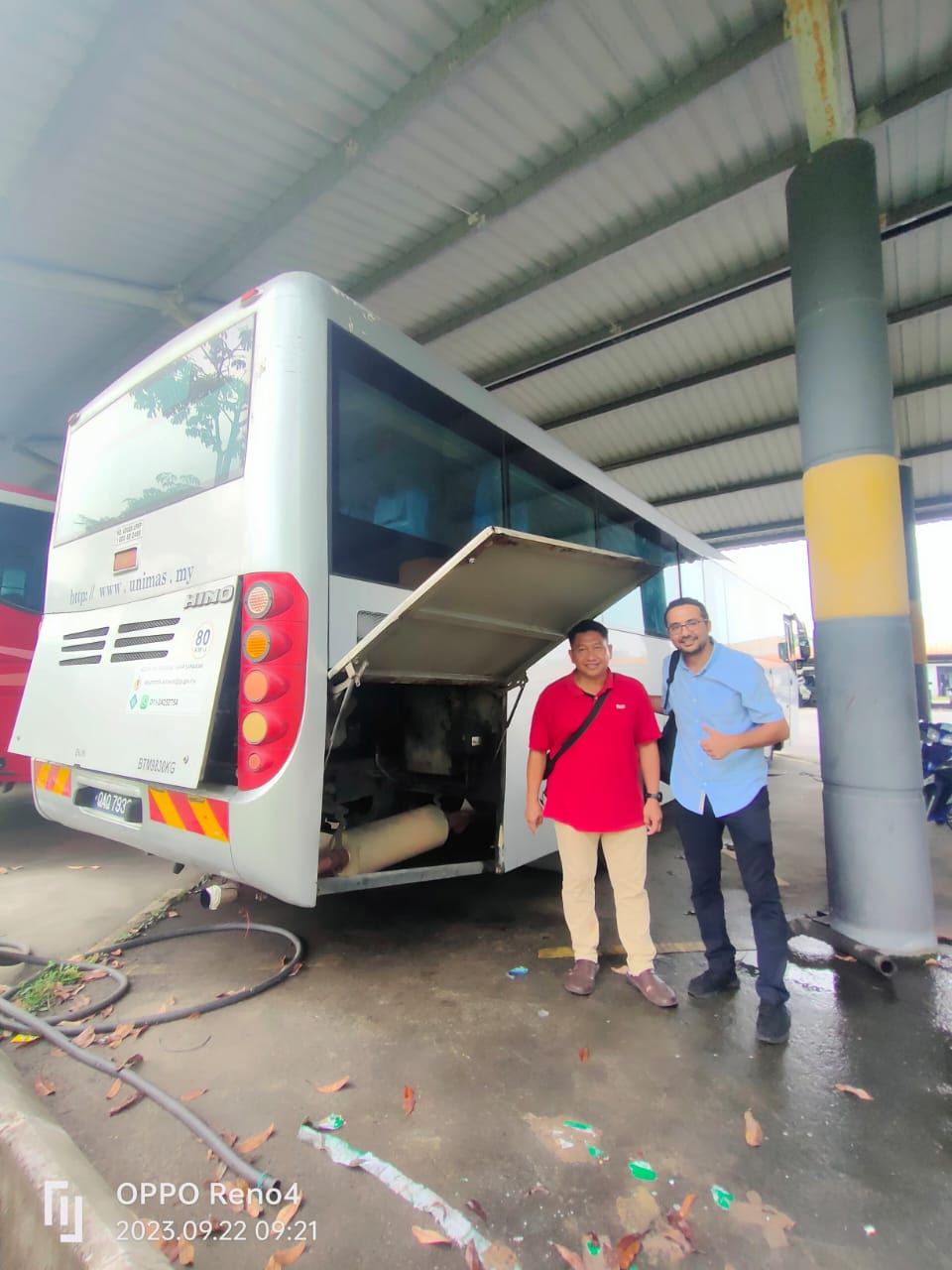
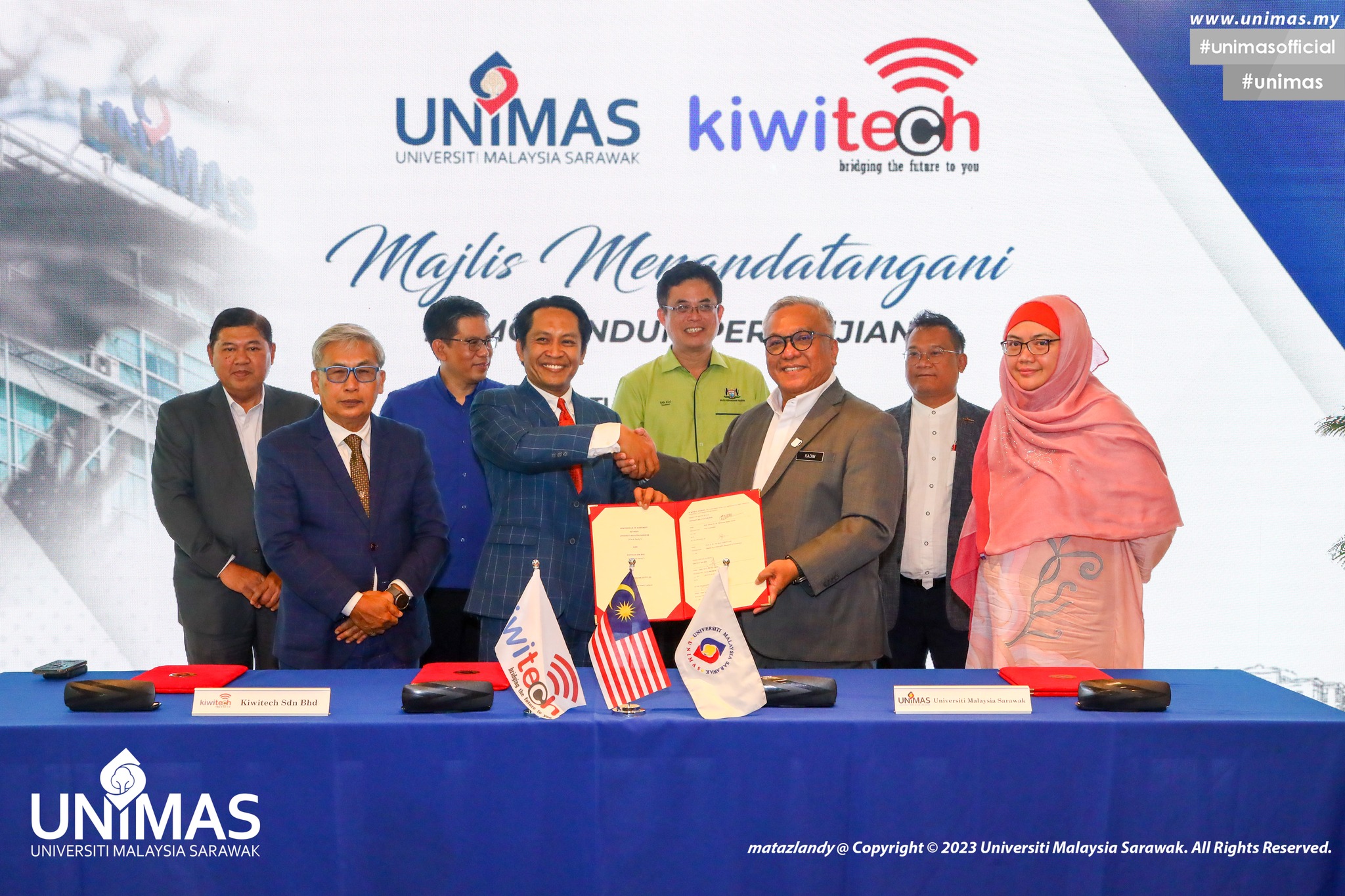
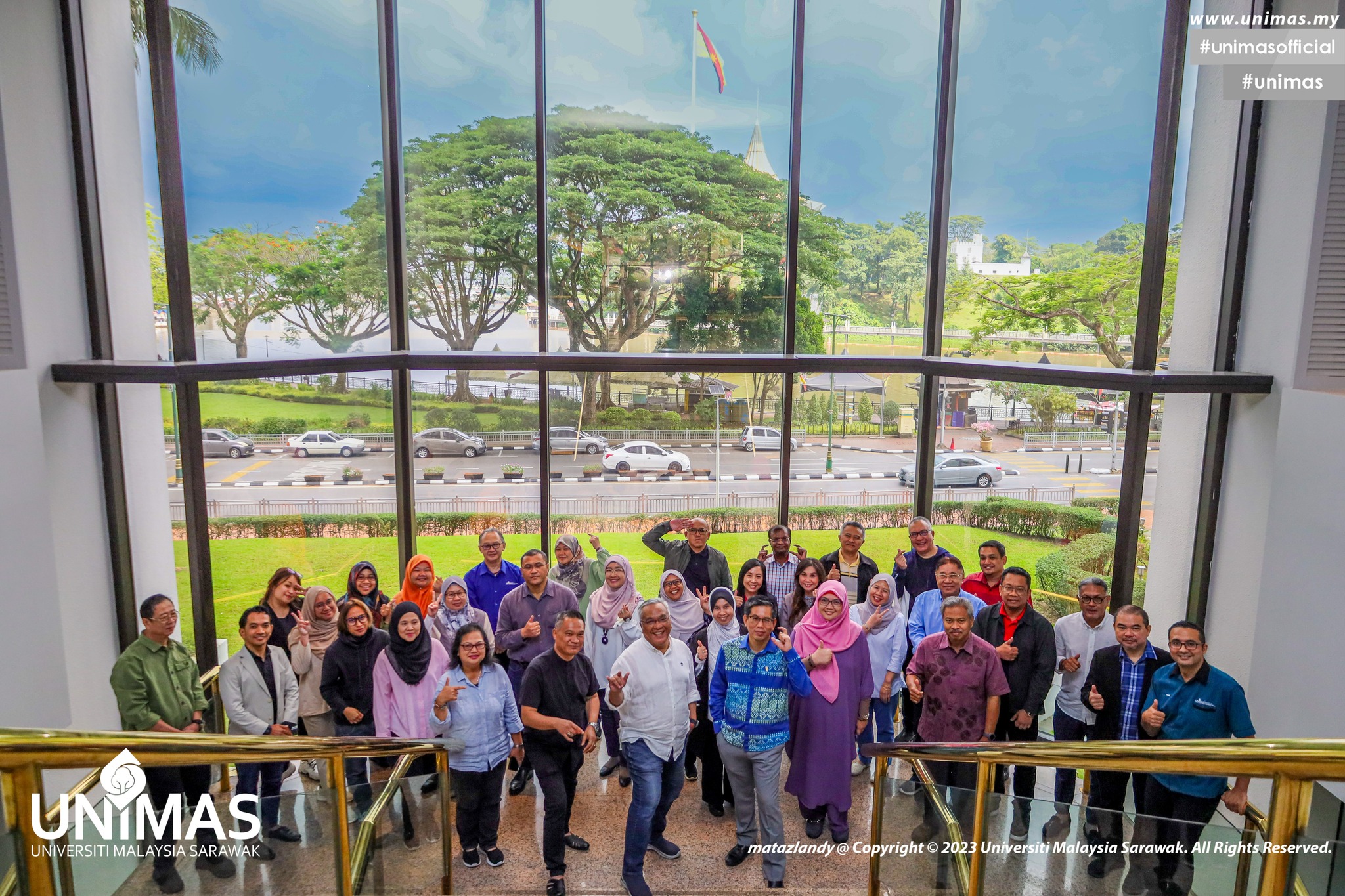
Insightful Perspectives: awesomenicecoolOur Institute's Updates
The Bintulu Development Authority (BDA) is taking a significant step towards sustainability by developing its Strategic Plan 2024-2030. This plan focuses on transforming Bintulu into a low-carbon industrial hub.
The initiative began in May 2023 with town hall meetings and stakeholder engagement sessions. The project, titled "TOWARDS A LOW CARBON INDUSTRIAL HUB," aims to achieve multiple goals, including reducing carbon emissions in the industrial sector, improving air quality, and fostering environmental sustainability in Bintulu. The plan also includes broader objectives such as building an innovative and livable city, strengthening governance, and achieving financial resilience.
The BDA is committed to long-term success. This project will continuously implement and monitor low-carbon initiatives while deploying intelligent technologies and expanding the Internet of Things (IoT) to enhance city services and improve efficiency by 2030.
ISuRE has joined forces with Kiwitech Company to collaborate towards a more innovative and sustainable campus. The partnership, formalized through a Memorandum of Agreement (MoA), focuses on integrating innovative technologies using Kiwitech's Trustprime Excalsia platform.
This collaboration involves several vital initiatives: integrating smart technology (IoT sensors) with Kiwitech's Trustprime Excalsia platform across the campus, securing a joint grant of RM 20,000 for a power factor correction system to improve energy efficiency at The CUBE building, developing a training module on Smart City Technology, and jointly proposing a smart and low carbon city platform for the Bintulu Development Authority (BDA).
ISuRE and Kiwitech's collaboration on the Professional Certificate in Smart City module development with UBS has laid the groundwork for a broader vision of campus sustainability. This vision includes not only improved efficiency and sustainability on campus but also the development of a framework for a smart and low-carbon city. Upon this initial success, the project plans to expand innovative technology integration across campus, targeting a 20% reduction in energy consumption at the CUBE building through IoT optimization.
Kuching North City Hall (DBKU) and ISuRE are joining forces to develop a Low Carbon City Masterplan for Kuching. DBKU's top management and ISuRE representatives met on 11 December 2023 to solidify this collaboration.
The "Kuching Low Carbon City Masterplan" initiative aims to transform Kuching into a low-carbon city. The project promises a greener future for the city by reducing carbon emissions and enhancing urban sustainability.
This partnership between DBKU and ISuRE extends beyond the Low Carbon City Masterplan. The two parties aim to work together on future smart city projects and sustainable urban development initiatives. This collaboration is one of the ways to create a more eco-friendly and technologically advanced Kuching. This collaboration will also involve engaging in forums, seminars, and collaboration activities (2024-2025).
UNIMAS Institute of Sustainable and Renewable Energy (ISuRE) has partnered with Shorefield to develop a pilot project titled "Optimizing Energy Yield and Environmental Sustainability of Floating Solar Systems: A Case Study at UNIMAS Lakes." This collaboration aims to enhance renewable energy sharing on campus by implementing a floating solar system on the university's lakes.
The project optimizes Shorefield's expertise in implementing a floating solar system on the university's lakes. This innovative approach maximizes space utilization while promoting renewable energy sharing across campus. ISuRE is collaborating with Shorefield to secure a joint grant. This funding would be instrumental in advancing the development of floating solar energy systems on campus, a promising form of renewable energy.
Looking ahead, UNIMAS and Shorefield plan to explore and implement additional solar projects, targeting a 20% increase in renewable energy contribution on campus. This partnership exemplifies a commitment to a sustainable future and paves the way for further innovation in renewable energy contribution.
The Institute of Sustainable and Renewable Energy (ISuRE) of UNIMAS is working on a project in collaboration with H2NexGen to reduce carbon emissions and fuel consumption on campus vehicles. ISuRE is integrating hydrogen cell technology with one of its buses to achieve this goal. This project aims to showcase the potential of hydrogen in reducing emissions and fuel usage. Hydrogen fuel cells produce only water vapour as a byproduct, making them a much cleaner alternative to traditional fuels.
The collaboration between ISuRE and H2NexGen has already shown promising results. They have achieved a 38% reduction in fuel consumption and 27% lower carbon emissions from campus transportation. While eliminating emissions is still challenging, this project is a significant step forward.
UNIMAS plans to expand this project to include 10% of its campus transportation, aiming for a 40% reduction in carbon emissions in the coming years. This initiative demonstrates their commitment to environmental responsibility and sets a high standard for sustainable practices in higher education.
Looking beyond the campus, UNIMAS is collaborating with H2energy on implementing green hydrogen technology in Kampung Assum, Sarawak, with the project title: "Pembangunan Teknologi Hidrogen Hijau di Kampung Assum, Sarawak untuk Kelestarian Wilayah Sirkular dan Rendah Karbon".
On 8 March 2024, the project hosted a site tour to engage researchers, industry collaborators, and the local village community. This event facilitated technology transfer by showcasing green hydrogen production and storage processes, with experts sharing their skills and knowledge.
The project's impact is increased access to clean energy in remote regions by providing 30kw green clean energy, alongside implementing a waste management system and water treatment system. This comprehensive approach reduces carbon footprint and promotes a circular economy, minimizing waste and maximizing resource use. With a focus on environmental responsibility, the project will extend its green initiatives to remote locations, aiming for a 30% increase in clean energy access.
ISuRE UNIMAS and the Malaysia Productivity Corporation (MPC) are joining forces to advance green hydrogen production in Sarawak. This collaboration aims to establish a sustainable green hydrogen production framework in the region.
The partnership involves developing a "Building a Sustainable Future through Green Hydrogen Production Framework." This framework will guide the development and implementation of green hydrogen initiatives, promoting cleaner energy sources and reducing carbon emissions in Sarawak. ISuRE and MPC have already begun working on the framework, with initial meetings on 4 March 2023.
This collaboration, funded by MITI at RM 500,000, aims to expand green hydrogen efforts and productivity projects, setting ambitious targets to boost green hydrogen production by 2030. It represents a significant step towards a more sustainable energy future for Sarawak and Malaysia
Nippon Oil and ISuRE are joining to empower young minds through climate change education. This collaboration focuses on developing an interactive module for schools to raise awareness and understanding of climate change and environmental issues.
The "Empowering Youth Through Climate Change Education" project was initiated on 28 June 2023. This interactive module equips students with the knowledge and tools they need to make informed decisions about environmental sustainability. The project hopes to inspire long-term behavioral changes that benefit the environment by fostering a deeper understanding of climate change.
The partnership between Nippon Oil and ISuRE is built for the future. Both parties are committed to expanding the program's reach. They plan to bring the interactive module to more schools and develop methods to measure and report the positive impact on student awareness. This ongoing collaboration signifies a long-term commitment to educating future generations about climate change and its solutions.
